In May 2023, the Motor Vehicle Block Exemption Regulation (MVBER) will expire.
Among other things, this regulation allows independent garages to service new cars without voiding their manufacturer warranties and forbids restrictions on the availability of original-equipment parts, tools and technical information.

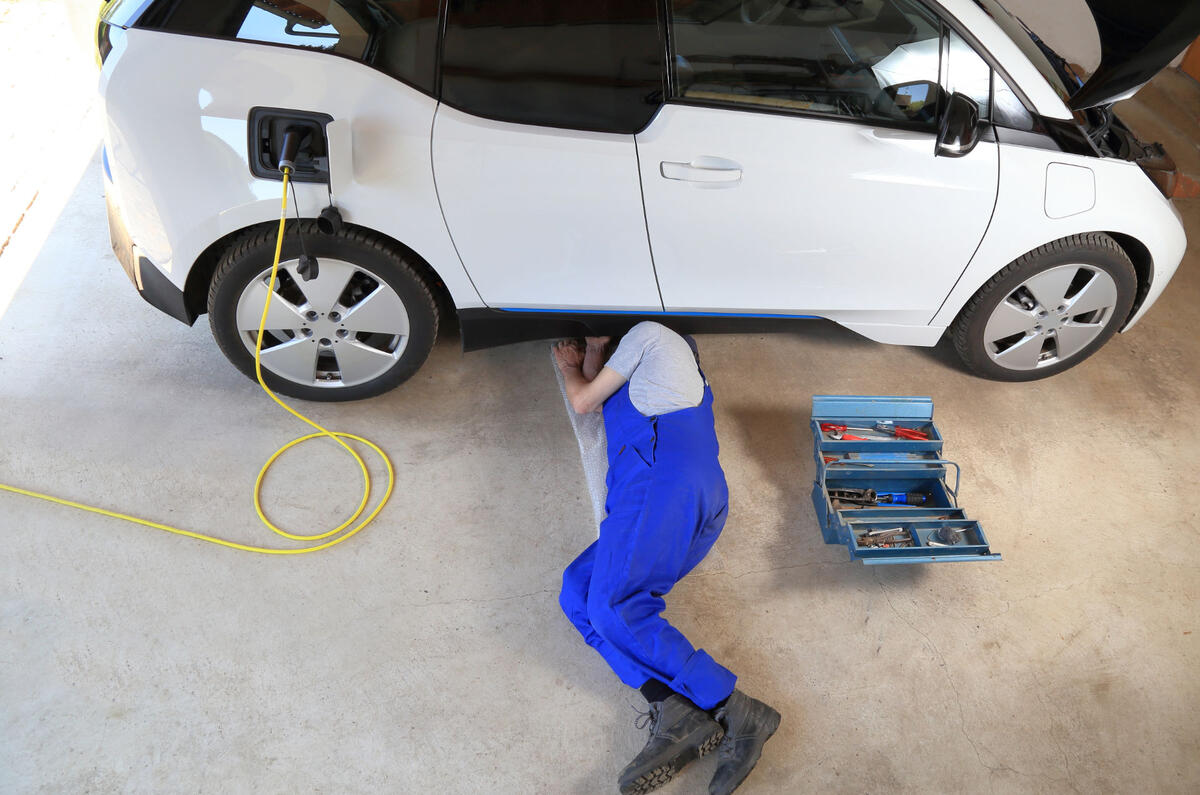
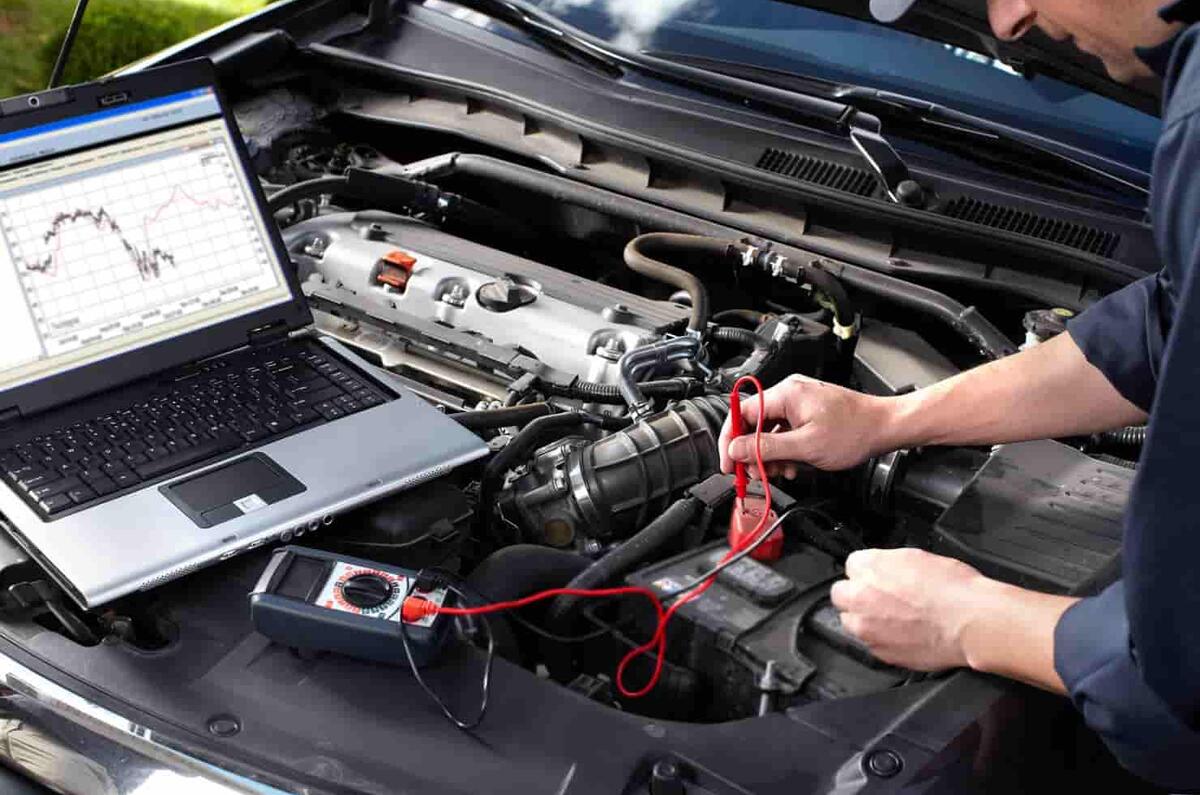
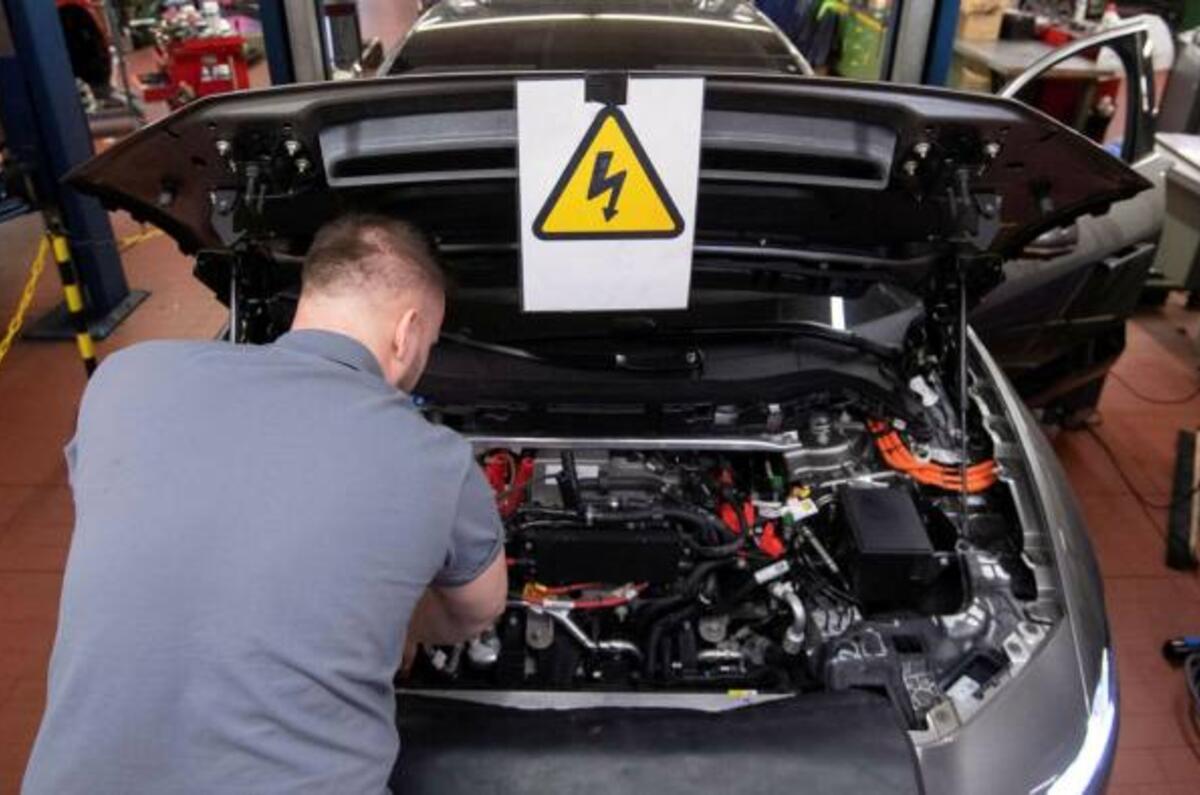

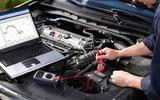
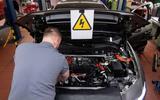


Join the debate
Add your comment
Some one man businesses going to close then?, most are just as good as a Franchise the difference being the small business is usually cheaper.
Many of these modern cars will be beyond economic repair after 7-10 years in any case.
In what way? What evidence? This has been said for 20 years, and it's still not happening. I ran a scrap yard, end of life cars came through, none were scrapped because of complex systems being uneconomic to repair, it's mostly a myriad of mechanical issues that a succession of owners haven't fixed or corrosion that kills cars off. I'd say the centralised control units, less switches, and using electric motors will be way more reliable than catalysts, alternators, water pumps, clutches, big end bearings, etc, etc.
As I said many of the cars built today will be beyond economical repair after 7-10 years because the repairs are ridiculous, things like sealed electric steering units are £3,500 to replace so then end user can have different steering weight, lane assist and self parking as the inital owner, unseen expensive things is why 7-10 years old computerized cars are going to be written off. Why do you think older cars are worth more money that they used to be, I'll tell you people got burned and saw the light. Do you see anyone advising that you buy any E60 5 series in general or do you see them recommending the E39?
Both perspectives are right - and wrong - to an extent - because why next-generation cars will be written off is different to why older cars are written off. 405 is right about the cost of modules. The types of headlight units that are filtering down from premium to volume, for example, are generally unrepairable but can cost thousands to repalce. Active safety systems in the bumpers (being solid state) are unlikely to wear out, but like the headlights, if you damage one in a front end impact the cost of replacement and recalibration could be more than the car is worth. Vehicle structures are becomming a hybrid of multiple types of steel and aluminium with a provusion of fixing systems; difficult and expensive to repair, needing specialist equipment and expertise. So, I don't see cars wearing out any quicker, but I do see more being written off due to the cost of accident repair, even very minor accidents. The interesting uknown here is the impact of madatory Autonomous Emergency Breaking.
That attitude from Audi is disgraceful. They are trying to promote themselves as green yet will not provide critical spare parts for a decade-old car.
'Right to repair' should be enforced across the industry, so that existing cars aren't scrapped because of the unavailability of spare parts.
Seems like Audi disagree on the RS6 parts. No idea who is right. Someone saying that 5 years on your own is unproven innuendo to me, I was still able to get A2 parts easily... 15 years seems OK to me, and after that specialists will make pattern or improved parts if there is demand.